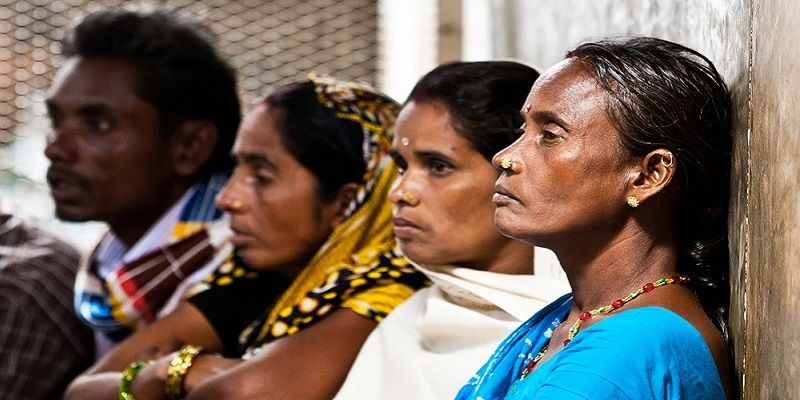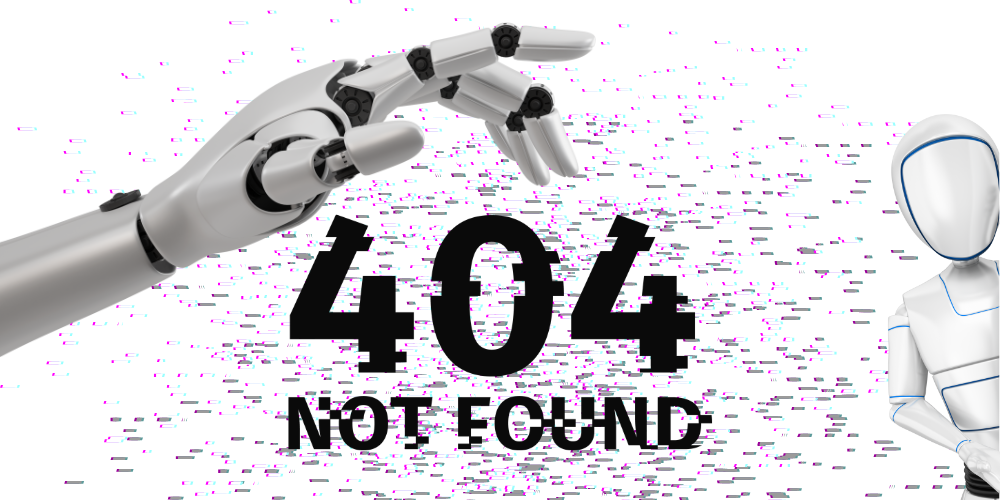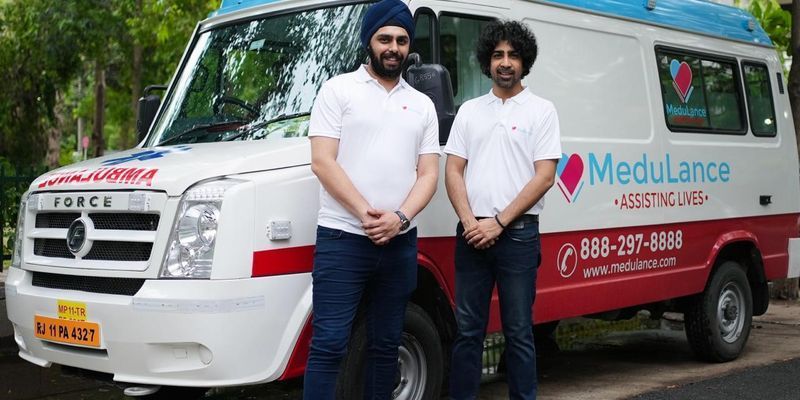Kolkata students make malaria testing easy and affordable
Malaria, a mosquito-borne disease, is a huge problem in India. WHO estimates that India accounts for 75 percent of Southeast Asia's malaria cases. Detecting malaria is time-consuming; it takes seven–eight hours after the blood test to arrive at the result.
Students from an engineering college in Kolkata are claiming to have found a solution to this — an app that can give results in a few seconds at one-tenth of the cost of regular tests. This test, if approved, can be taken from door to door to rural parts of India that have no access to labs.

Researchers part of the Institute of Engineering and Management, Salt Lake (IEMS) have devised an app and an instrument with technical support from the Indian Institute of Engineering Science and Technology (IIEST), Shibpur. All that an individual wanting to take the malaria test should do is download the app on his or her phone and buy the device, which costs about Rs 70.
The process is similar to that of one-touch diabetes testing, with a drop of blood taken from a person being placed on the dice attached to the device. A micro camera is also attached to the device. Explaining how it works, to Hindustan Times, IEMS professor Nilanjana Dutta Roy said,
“The camera will take the picture of the drop of blood. The picture will have to be uploaded on the app. The remote testing facility will need only 10 seconds to send an accurate result informing the person whether he has malaria or not.”

One has to spend just Rs 10 on the test and the results can be attained within seconds. According to The Times of India, Dr Arindam Biswas, Head, IT Department, IIEST, said,
"The entire process will not cost much considering the conventional microscope is high-priced. And we have registered 90 percent accuracy in test cases."
At present, the team is waiting for approval from the health ministry, which, considering the positive initial response, should come in soon. After getting the approval, the researchers plan to train social workers in rural areas. This would ensure the availability of the test at the doorsteps of villagers, who would otherwise have to travel long distances to undergo tests.

Image Credit: Shutterstock
Do you have an interesting story to share? Please write to us at [email protected]. To stay updated with more positive news, please connect with us on Facebook and Twitter.











